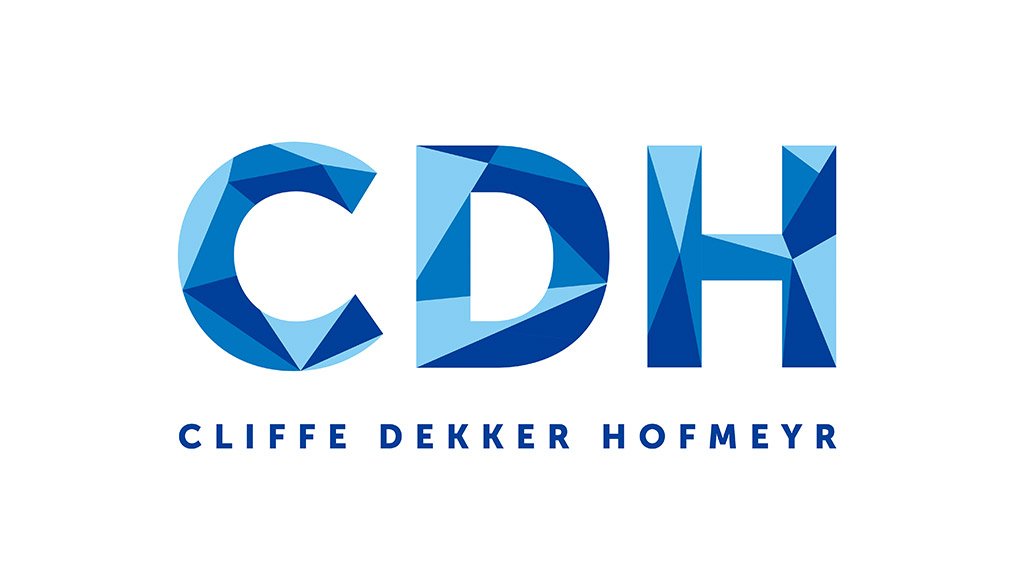President Cyril Ramaphosa signed the Basic Education Laws Amendment (BELA) Bill into law on 13 September 2024, but its implementation has been partially delayed to allow further consultation on two contentious clauses concerning admissions and language policies. On 28 November, Basic Education Minister, Siviwe Gwarube, reached agreements with trade union, Solidarity, and The Presidency, potentially delaying the implementation of these two clauses until 2026.
While the Bill primarily targets public education reform, Aadil Patel, National Practice Head and Director of the Employment practice at Cliffe Dekker Hofmeyr (CDH), says that private schools should be equally engaged in the public consultation process. “Should there be amendments to national or provisional laws, the private education sector will also be impacted and should therefore raise any concerns they have as early as possible.
“In addition to participating in public consultations, private schools would be wise to review their policies and codes to ensure they are both constitutionally compliant and litigation-proof,” Patel adds.
South Africa is home to 22,589 public schools and 2,282 private schools. While the total number of schools has declined in recent years, private schooling has shown significant growth. In 2000, private schools made up just 3.5% of all schools; today, they account for over 10%. “These institutions are in high demand and cater to a diverse range of socio-economic groups, including low-fee, middle-income, and elite learners,” says Patel. “However, private schools are not exempt from constitutional obligations.”
In many respects, the BELA Bill seeks to formalise principles that have emerged through Constitutional Court rulings over the years. For private schools, legal judgments – such as the Constitutional Court’s ruling in the Pridwin case – affirm their constitutional obligations. “In this case, the court found that Pridwin Preparatory School violated a learner's right to basic education and the principle of the child’s best interests by expelling them without a proper hearing. This judgment clarified that, although private schools operate independently, their decisions must respect learners' constitutional rights,” says Patel.
Similarly, in the John Wesley School case, the court ruled that private schools must adhere to minimum standards that align with public school regulations, particularly in matters of learner discipline and expulsion.
These domestic developments are consistent with international frameworks like the Abidjan Principles, which stress that private education should complement public systems rather than replace them. “The principles advocate for strict regulation to ensure private institutions maintain standards equivalent to public schools while safeguarding learners’ rights. They also emphasise that a learner’s right to education should not be compromised by financial issues such as unpaid fees, nor should disciplinary procedures undermine the child’s welfare,” notes Patel.
As these legal and policy shifts unfold, private schools find themselves operating within a dual obligation framework. “On one hand, they are afforded operational independence, but on the other, they are required to uphold constitutional and procedural standards that respect learners’ rights,” says Patel. “This includes ensuring that codes of conduct and disciplinary policies meet constitutional requirements and that fair processes are followed when decisions impact a learner’s access to education.”
The BELA Bill and recent court rulings illustrate the delicate balance between maintaining autonomy and meeting constitutional obligations. “For private schools, the message is clear: adaptation is necessary to align with South Africa’s evolving education landscape. Active engagement in public participation processes, alongside regular policy reviews, will be crucial to navigating the changes effectively,” Patel concludes.
EMAIL THIS ARTICLE SAVE THIS ARTICLE ARTICLE ENQUIRY FEEDBACK
To subscribe email subscriptions@creamermedia.co.za or click here
To advertise email advertising@creamermedia.co.za or click here











